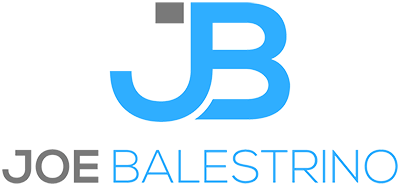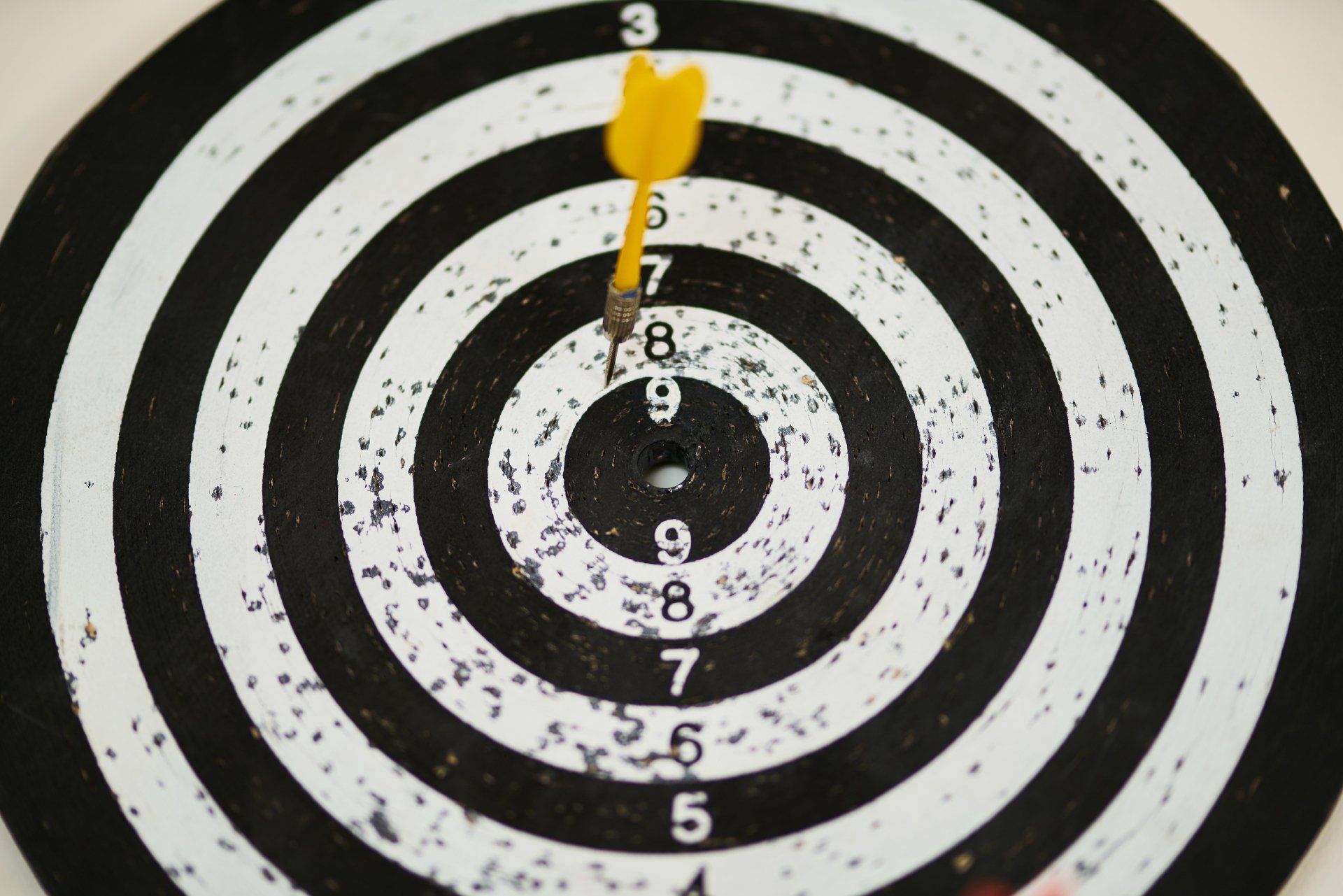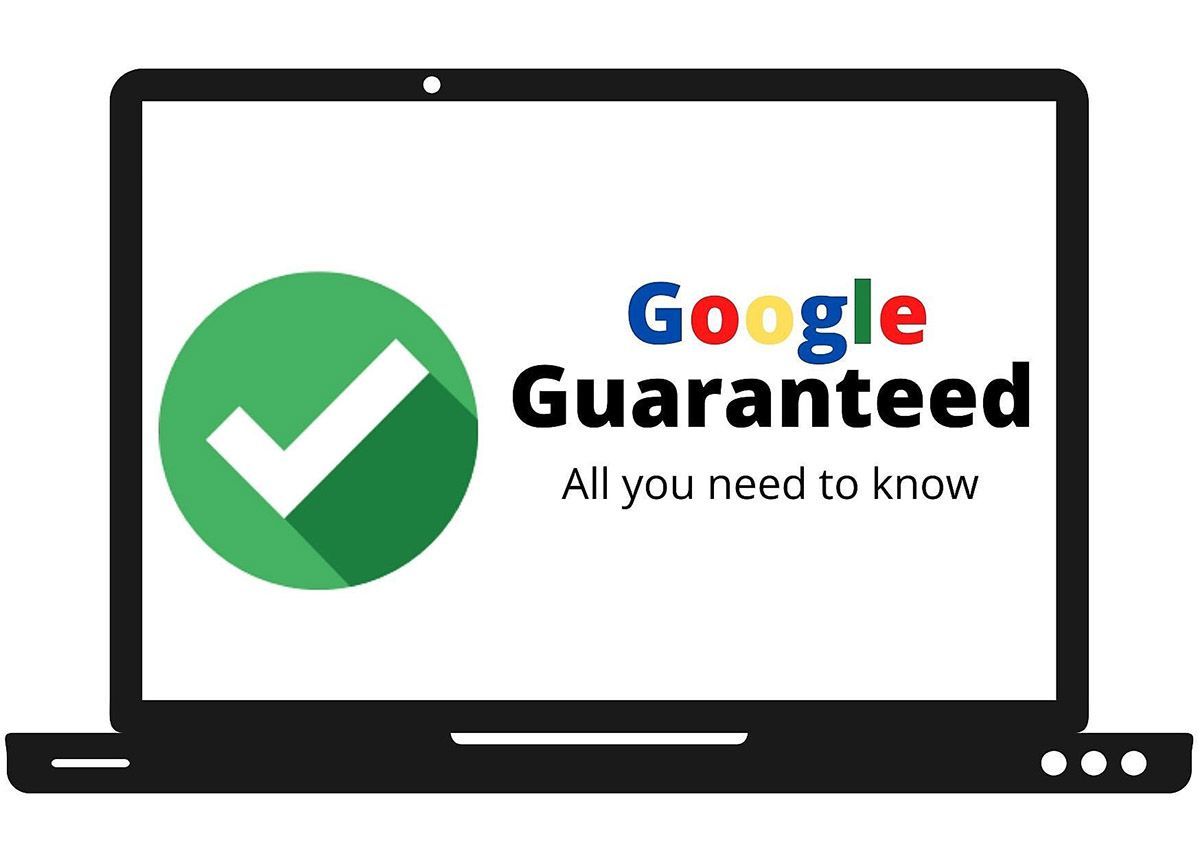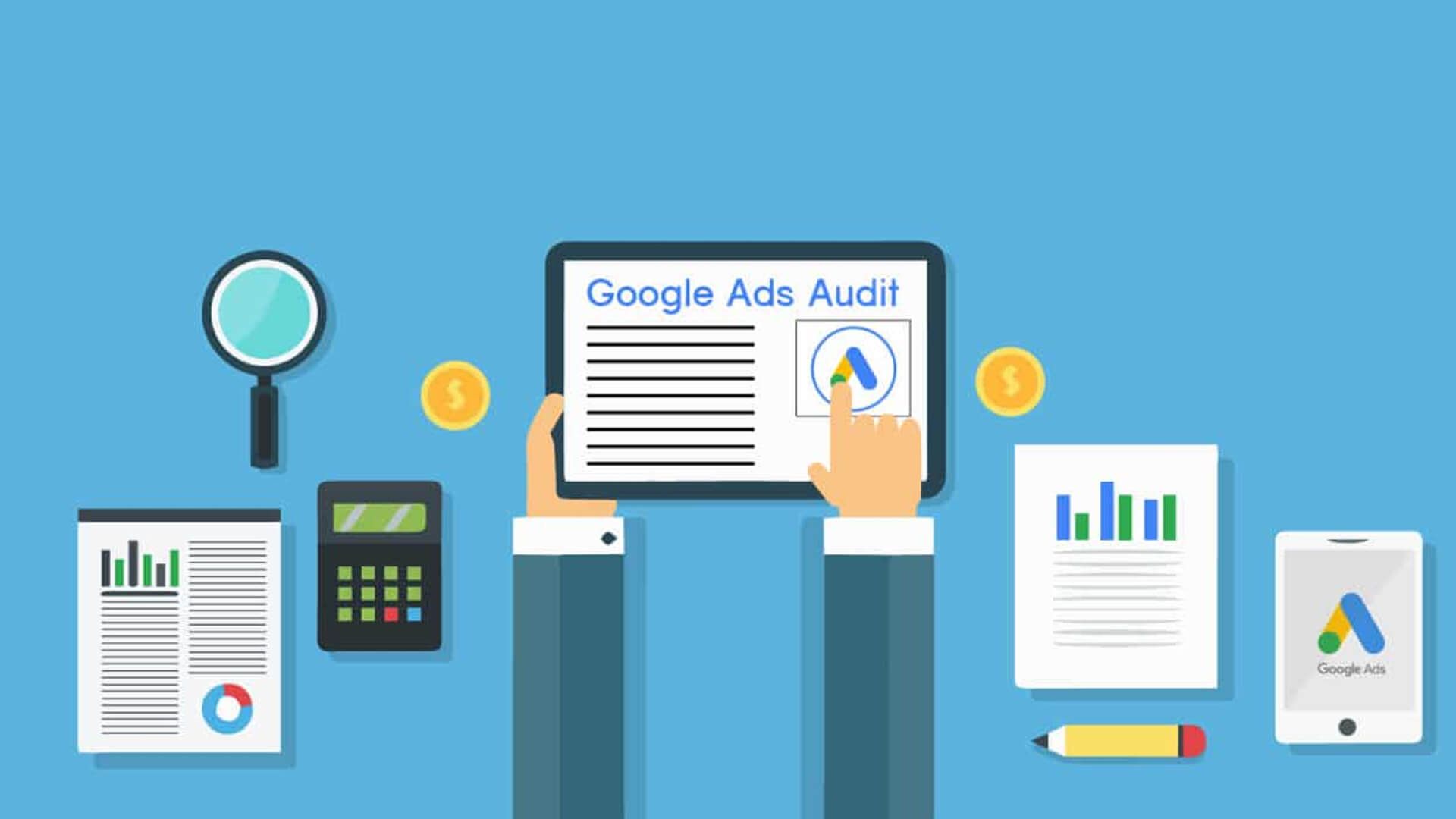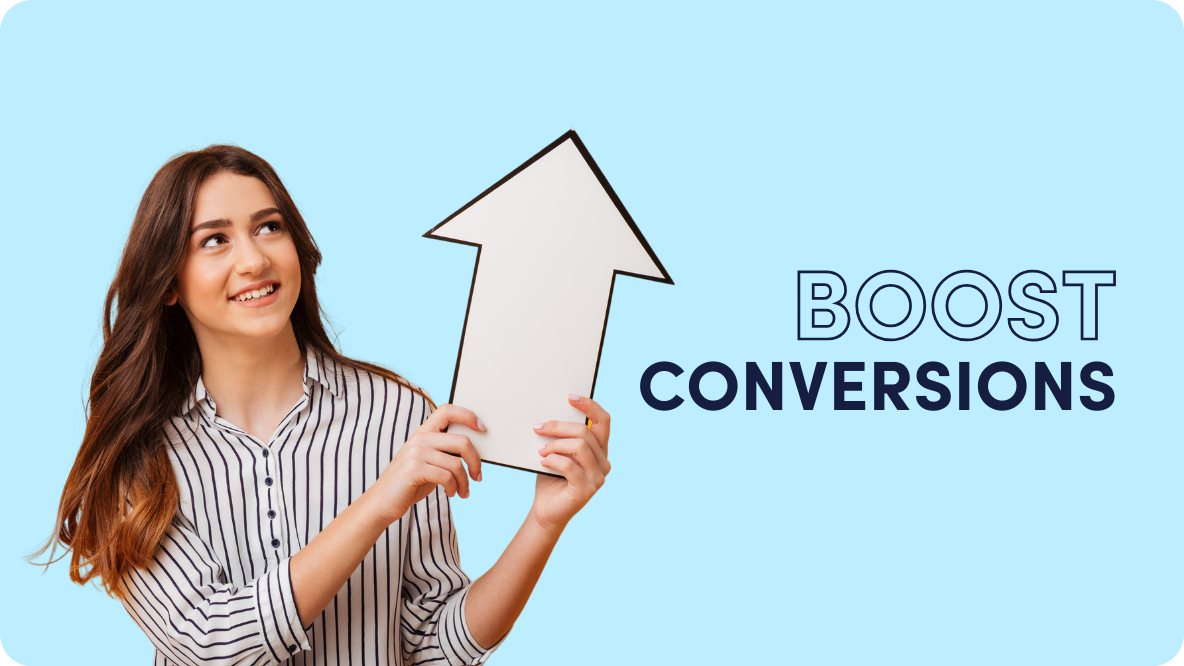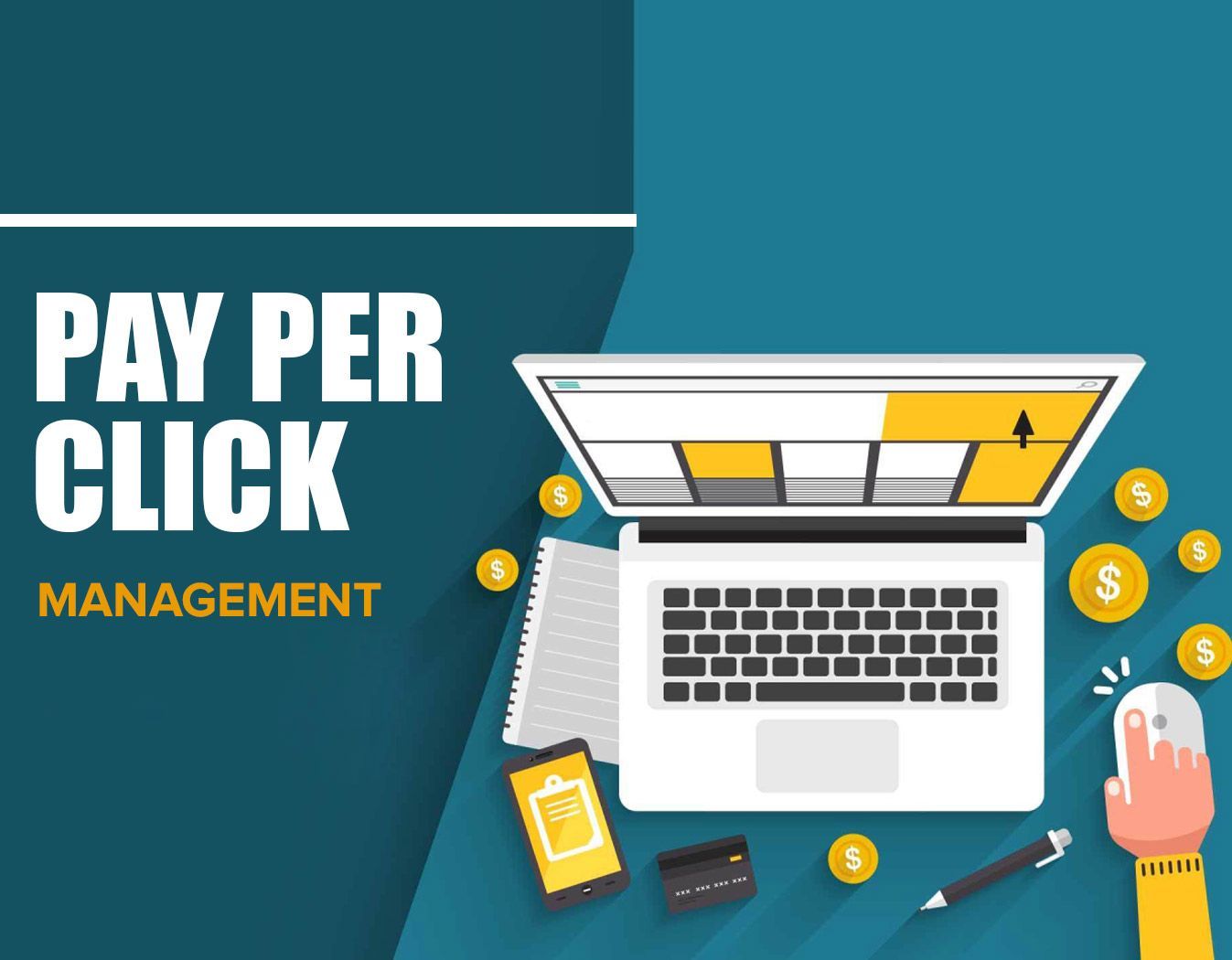Reducing CPC in Google Ads requires a strategic and proactive approach to campaign management. By implementing the strategies outlined in this article, you can significantly lower your CPC and improve the overall performance of your advertising campaigns.
First and foremost, refining your keyword strategy is essential. By targeting long-tail keywords, incorporating negative keywords, and utilizing different match types, you can optimize your keyword selection and reduce costs associated with irrelevant clicks. This ensures that your ads are displayed to a more targeted audience, increasing the likelihood of attracting high-quality clicks and conversions.
Improving ad relevance and quality score is another key factor in reducing CPC. By organizing your ad groups effectively, crafting compelling ad copy, and optimizing your landing pages, you can enhance the user experience and increase the likelihood of conversions. Higher ad relevance and quality scores result in better ad positioning and lower costs, as Google rewards advertisers who provide relevant and valuable content to users.
Utilizing ad extensions is another effective strategy to lower CPC and boost ad performance. By leveraging sitelink extensions, callout extensions, and structured snippets, you can enhance your ads with additional information and compelling offers. This improves the visibility and engagement of your ads, leading to higher click-through rates and potentially lower CPC.
Optimizing your bidding strategies is crucial in achieving cost efficiency. Whether it's utilizing automated bidding strategies like Target CPA or leveraging Enhanced Cost per Click (ECPC), finding the right balance between bid management and conversion optimization is essential. Regularly monitor and adjust your bids based on campaign performance to maximize your budget utilization and drive better results.
Continuous monitoring and optimization are key to long-term success. Analyzing campaign performance metrics, conducting A/B testing, and implementing conversion tracking allow you to identify areas for improvement and make data-driven decisions. By constantly refining your campaigns based on performance insights, you can continuously reduce CPC and drive higher conversions.
Reducing high CPC in Google Ads requires a holistic approach that encompasses keyword refinement, ad relevance, ad extensions, bidding optimization, and ongoing campaign management. By implementing these strategies and actively monitoring your campaigns, you can effectively lower CPC, improve the performance of your ads, and achieve a higher return on investment. Stay proactive, adapt to market trends, and keep testing and optimizing to unlock the full potential of your Google Ads campaigns.
